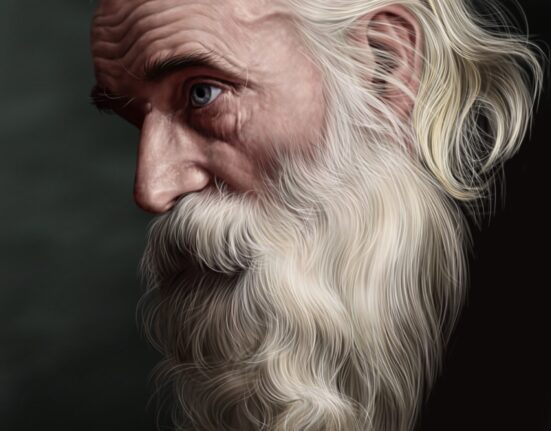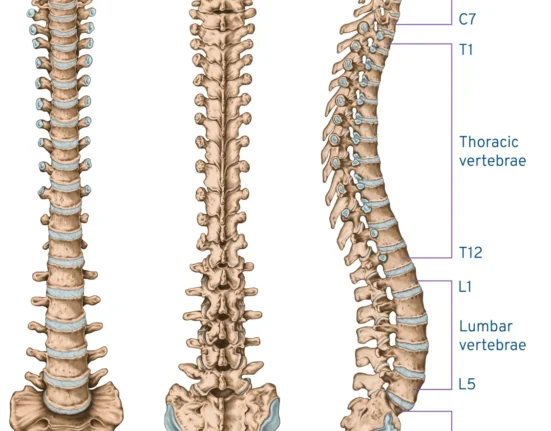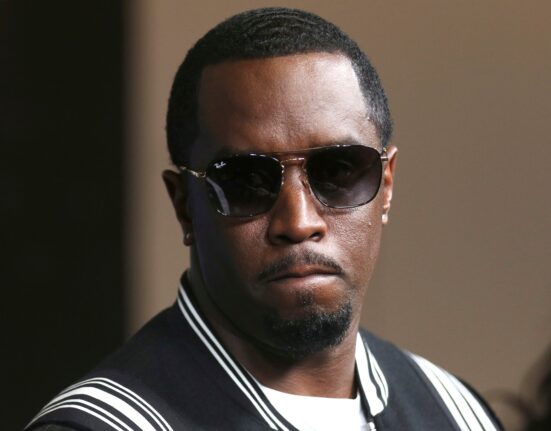Gareth Edwards, the creative force behind Jurassic World Rebirth, found himself in a fierce tug-of-war with Universal Studios over the destiny of a major character. It wasn’t just any character; it was the heroic paramilitary leader Duncan, portrayed by the talented Mahershala Ali.
Edwards and Ali were adamant about giving Duncan a dramatic exit that would resonate with audiences. In fact, when Ali first delved into the script, his immediate query was simple yet crucial: “Can we kill him?” This set the stage for a clash of visions between artistic integrity and commercial appeal.
“I joined Team Mahershala and we both pushed to have him killed; the script changed back to him dying.”
In an industry where happy endings often reign supreme, Edwards and Ali championed for a bolder narrative choice. Initially slated to meet his demise in the original script, Duncan’s fate hung in the balance as conflicting perspectives emerged during production.
Edwards vividly recalls his commitment to honoring Duncan’s journey through a sacrificial conclusion. The director poured his energy into crafting scenes that would etch Duncan’s sacrifice into cinematic history. However, as filming progressed, Universal expressed reservations about bidding farewell to such a pivotal character.
“Hey, can we see the other way, too?”
The studio’s apprehension nudged Edwards towards exploring an alternative path for Duncan—one that diverged from his initial vision but resonated with broader audience sentiments. Test screenings became pivotal arenas where reactions dictated storytelling choices.
While Edwards initially stood firm on his directorial stance, witnessing firsthand how viewers responded to variations in Duncan’s storyline sparked introspection. The resounding applause that erupted when Duncan defied death left an indelible mark on Edwards’ perspective.
“Hats off to the studio… I just didn’t want to feel like I was selling out by bringing him back.”
Navigating between artistic integrity and commercial viability is a tightrope walk for filmmakers like Gareth Edwards. Reflecting on timeless classics like E.T., which navigated similar resurrection arcs with finesse, provided reassurance amidst creative uncertainties.
As tensions simmered and compromises were made, Jurassic World Rebirth stands as a testament to the delicate dance between filmmaker autonomy and audience expectations. The evolution of Duncan’s fate encapsulates not only creative clashes but also collaborative efforts towards crafting compelling narratives that resonate across diverse viewer demographics.
Expert Analysis:
Renowned film critic Sarah Jenkins weighs in on this narrative struggle within Hollywood blockbusters: “The dynamic between directors and studios symbolizes larger industry trends where marketability often eclipses creative risks. Gareth Edwards’ experience underscores how storytelling is not merely an individual endeavor but a complex interplay of artistic vision and commercial imperatives.”
In essence, Jurassic World Rebirth transcends its status as mere entertainment; it serves as a microcosm reflecting broader industry dynamics shaping contemporary cinema narratives.









Leave feedback about this